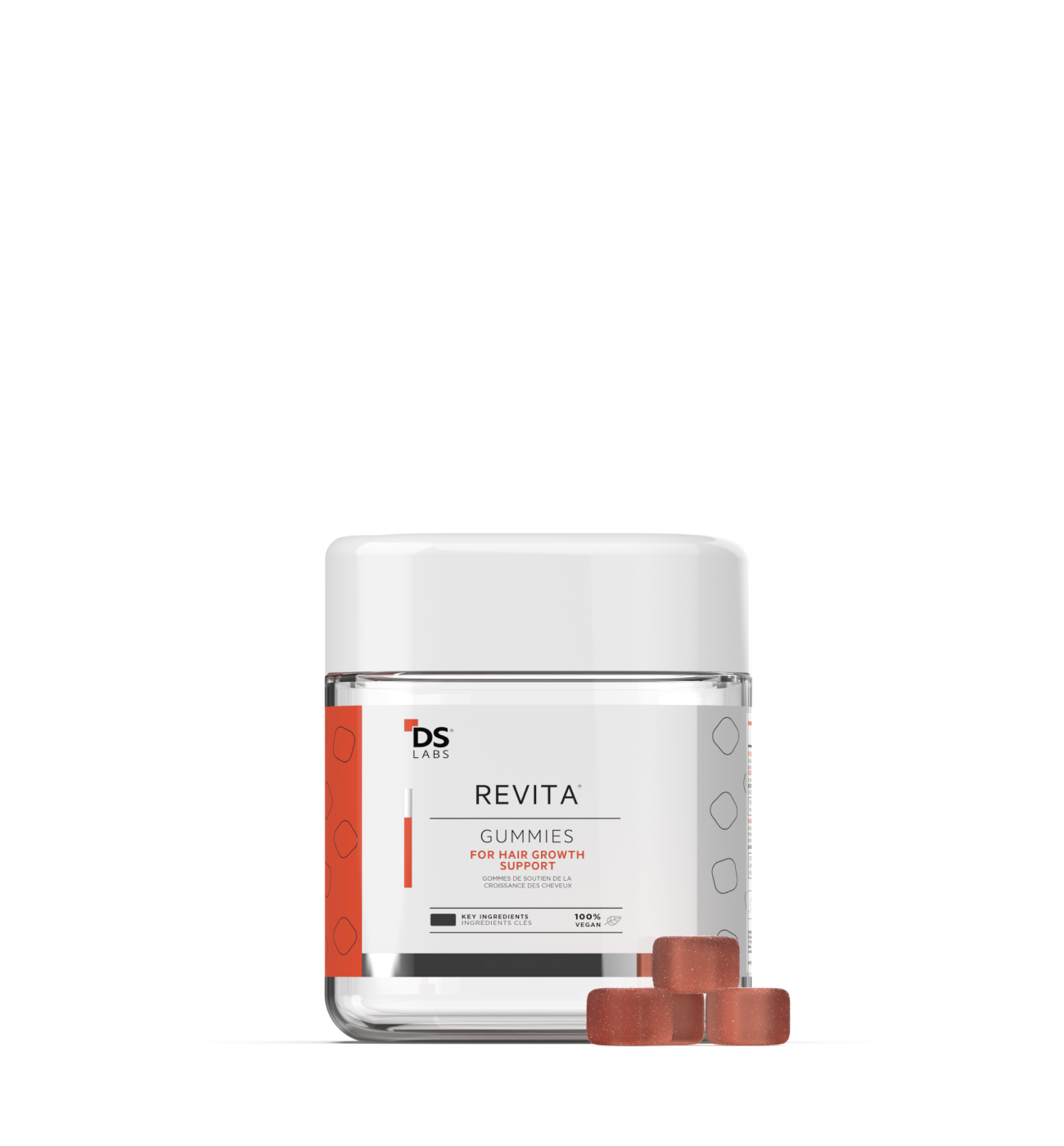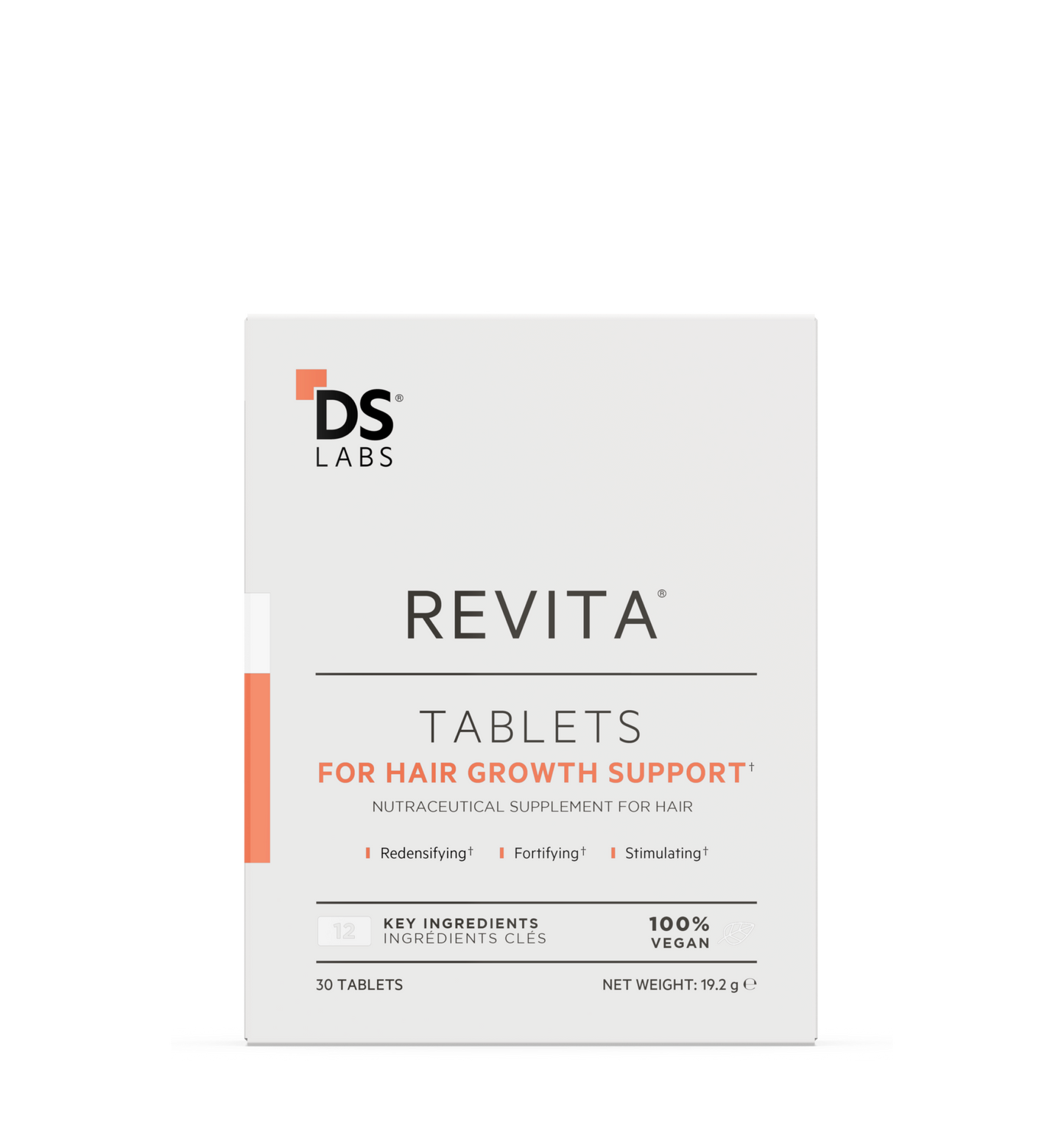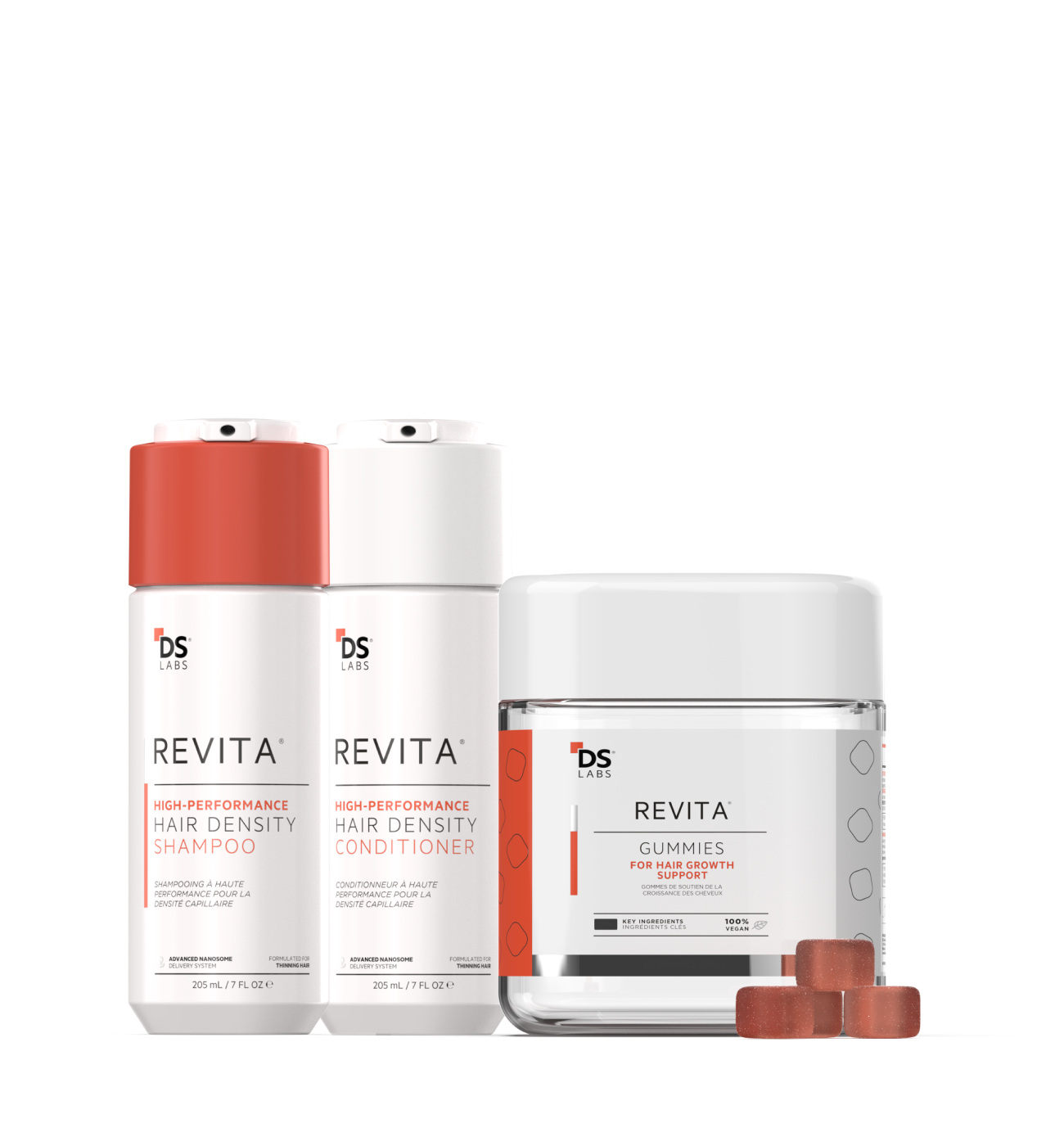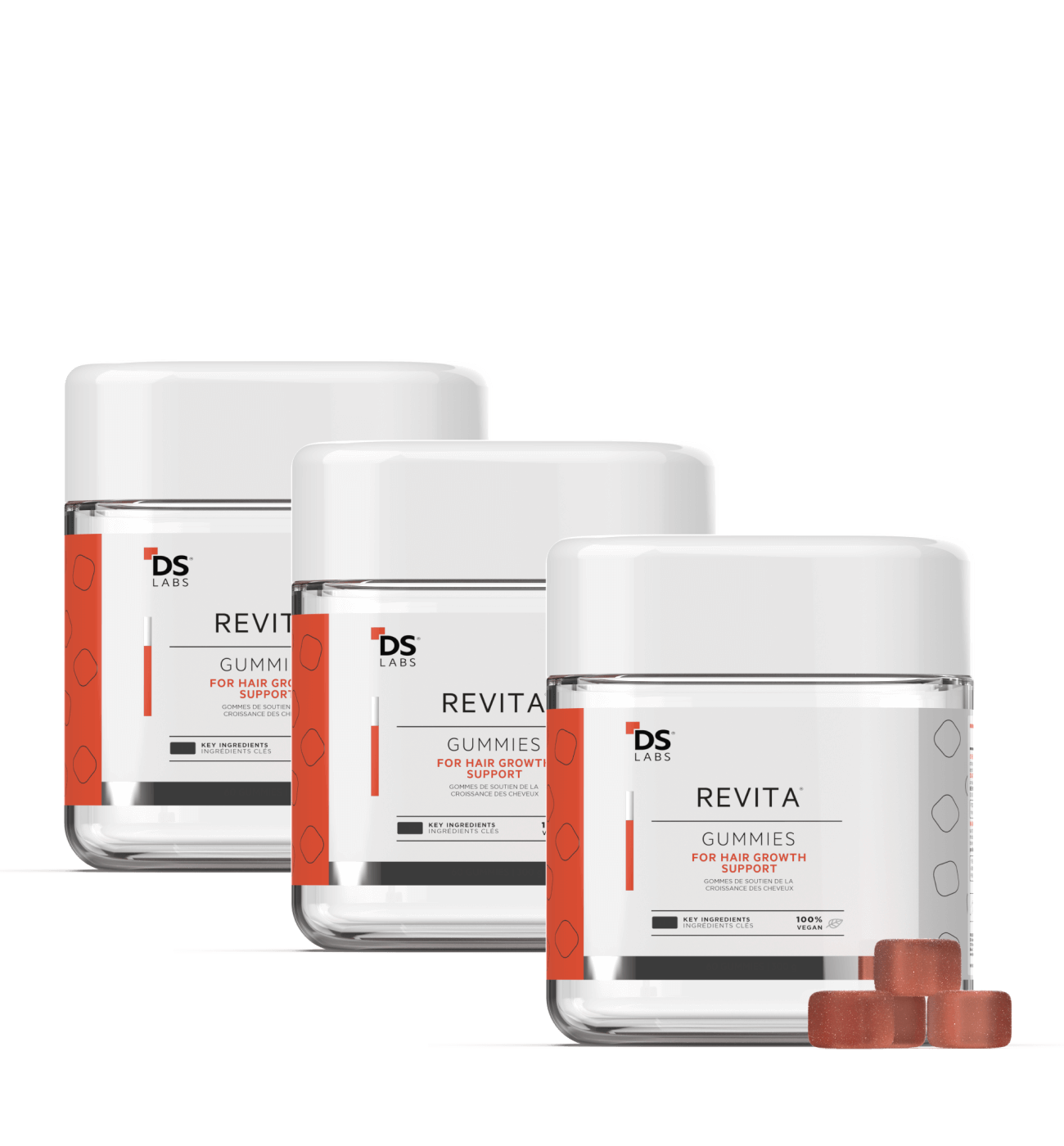We can put all the products we want in our hair, but it still won’t give us the results we want unless we focus internally first. And one of the best ways to build a beautiful head of hair from the inside out is by focusing on nutrition. Diet is one of the most important factors in hair growth, and it is even more critical if you struggle with hair loss. Here’s what we know about how diet affects hair loss and what we know from experts on supporting a healthy head of hair.
Dietary hair loss triggers
Several dietary factors can cause you to lose hair or, at the very least, make it harder to grow. Hair loss is most often caused by a genetic condition called androgenic alopecia, or male or female pattern hair loss. This condition gives way to the infamous receding hairline and baldness in men and thinning hair in women. While genetics are the primary cause, a poor diet can exacerbate your losses and make hair regrowth strategies much harder. Here are some common triggers that may worsen your hair growth potential.
Nutritional deficiencies
While food is readily available for most Americans, many common dietary staples are deficient in some key nutrients needed to support healthy bodies. Indeed, some soil sampling research shows a decline in the nutritional value of some of our crops based. One theory is that over-farming has depleted the soil of valuable minerals. So now, more than ever, it is important that we focus on eating nutrient-dense foods instead of foods lacking in nutritional content.
Aside from our food choices, nutritional deficiencies can also stem from digestive problems. For example, some people lack certain enzymes that help the body break down and utilize key vitamins. What is more, people who suffer from chronic digestive problems like irritable bowel syndrome may struggle to get the nutrients they need and may require supplemental vitamins, medications, and other therapies.
Caloric deficiencies
In general, most Americans meet and exceed their daily caloric requirements. However, many of the calories we are getting are not necessarily providing us with the right type of energy we need to support healthy metabolisms. But furthermore, some people severely restrict calories for health or weight loss purposes, which can further exacerbate hair loss. Unless under the care of a physician, it is best to meet your daily caloric requirements by using wholesome, nutrient-dense foods.
Dietary practices to support healthy hair growth
Our diet lays the groundwork for all body functions, including hair growth. So, it comes as no surprise that starting with a healthy diet is crucial to seeing better hair growth. And because dietary changes take time, it is best to make healthy food choices as soon as you notice hair loss.
Focus on protein.
One of the best places to start is to ensure you get plenty of protein daily. Protein is comprised of amino acids, which are the building blocks of cells. They also help support cellular functioning in all organ systems, so they are vital. Moreover, hair is made up of a protein called keratin, so your body needs plenty of protein to produce more hair. Good protein sources for hair include eggs, fatty fish, meat, nuts, and legumes.
Don’t forget your healthy fats.
We need fatty acids for numerous functions, but some studies show that omega-3s and omega-6s play a role in healthy hair development. So complimenting your proteins with fats from foods like nuts, seeds, avocados, and plant oils can give your hair the support it needs to grow more quickly and healthier.
Vitamins and minerals are key.
Most hair and skin supplements contain a variety of vitamins and minerals. Biotin, zinc, vitamin E, and vitamin C are commonly included in many of these supplements. However, if you eat a well-balanced diet that is rich in fruits, vegetables, and some meat and fish sources, you likely can meet your daily requirements through diet. However, people with nutrient absorption issues in their gut may struggle to pull these micronutrients from food, so it may help to take supplemental vitamins and minerals.
Antioxidants can help.
Certain natural foods contain antioxidants, which help fight against cellular destruction. They work by rounding up free radicals in the body and adding an electron to make them stable once more. Part of their role in hair growth is that they increase blood flow and nutrient availability in the scalp, which leads to more support for growing hair follicles.
A note on what to avoid
Most of the information we receive from various media outlets and resources concentrates on what we should avoid in our diet. So, most of us are aware that certain foods are probably not the best for our hair health. In general, it is best to limit or avoid the following foods if you want to reduce hair loss:
- Alcohol
- Greasy foods
- Refined carbohydrates
- Sugar
Surprisingly, it is not always that these foods are bad, but rather that when we eat or drink too much of one of these items, it takes the place of nutritionally dense foods.
If you have questions about what foods will best support hair health, reaching out to a specialist is helpful. A nutritionist, dermatologist, or primary health provider is an excellent place to start when using diet as one avenue to suppress hair loss.















